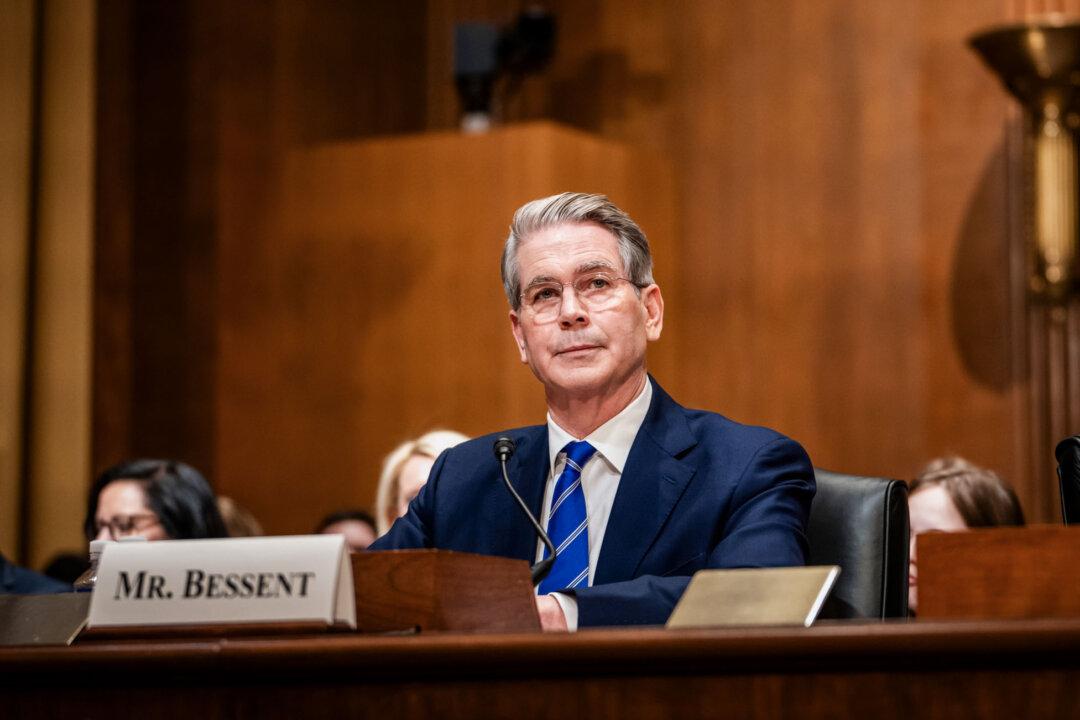A federal judge on Feb. 11 turned down a government request to dissolve a restraining order that is blocking the Department of Government Efficiency (DOGE) from accessing government payment systems, but made clear that the block does not extend to the head of the U.S. Department of Treasury.
“There are no allegations in the Complaint suggesting that access to Treasury payment systems by such senior Treasury officials poses a threat of disclosure of sensitive and confidential information, or that their access would result in systems that would be more vulnerable to hacking,” U.S. District Judge Jeannette Vargas wrote in an 8-page decision.





